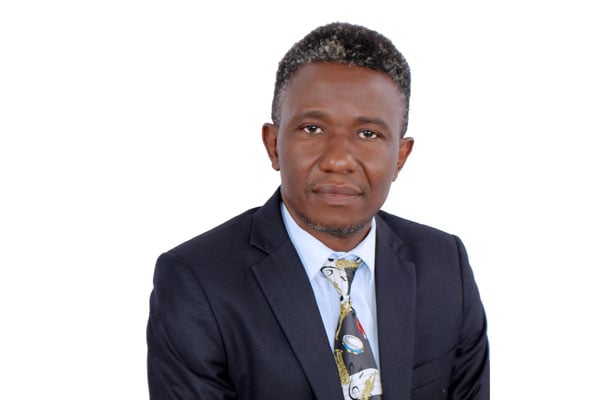
Gawaya Tegulle
Feels like just the other day, but he left Uganda more than five years ago. His name was Nicholas de Torrente and he worked with the Democratic Governance Facility (DGF), the basket fund organised by international development partners to fund civil society in Uganda back then.
I met him on many occasions, but it was not until he was about to leave that, reading a document somewhere, I discovered he was a PhD. I was like, “Nick, you mean all along you have had a PhD?” Nick smiled and said, “Yes; and moreover, from LSE”. Now, you’ve got to be really top drawer, to be accepted by the London School of Economics (LSE), one of the finest institutions of higher learning in the world; yet not once did Nick flaunt his qualifications. Not once did he let on that he was Dr Nick.
There is something theory cats call “power distance”. It is a concept I was first introduced to under the tutelage of the very brilliant Dr Godfrey Sempungu, my MBA lecturer at the Institute of Petroleum Studies Kampala – where the director, Patrick Ruharuza will assure you, I’ve proved to be a problem student. The concept of power distance is a brainchild of Dutch psychologist Geert Hofstede (1928-2020); and it describes how power is organised, distributed and concentrated within a country’s cultural framework, or within an organisation. Hofstede came up with two broad categories of power distance: high and low.
To put things simply, much of Europe is essentially low power distance. Ministers and legislators will ride bicycles to office or will board the bus or the train with ordinary people – and it is perfectly okay with them. A head of state may be caught munching on a burger with his kids in a restaurant – without attracting attention. Politicians are happy to be in high office, but power never gets to their heads. Politicians there will win an election fairly and leave office easily when their terms come to an end. They will hesitate to steal public funds; they feel accountable to the citizens. When they lose an election, they will not cry; they will move on easily to do other things or wait for the next election.
Most of Black Africa is quintessentially high power distance. There is a lot of “arrivalism” – that “I have finally made it” feeling. Part of the problem is that most politicians are villagers; they come from poor, peasant backgrounds and when they get to office, they attack state power and resources with the hunger of a starving kid who wants everything for himself. Immediately, they feel they are special and they are the only ones with the brains to run the country. Once villagers get power, they will keep it by hook or crook. They feel they are nothing without that office. Once villagers fall into big things, society cannot be the same again.
They cannot relate with ordinary people anymore; their residences are fortresses – you don’t just go there. You see them in long convoys with big cars and screaming sirens, and tight security. They can close an entire city for hours, just because they are having a function somewhere, or passing through.
A high power distance cultural framework fuels corruption, abuse of power, misuse of state resources; and foments failed states. Even relatives of a minister will want a car with screaming sirens and will push everyone off the road. Government officials will break the law with impunity. No merit: jobs are obtained by connections. Rule of law gives way to orders from above.
People will appear to be humble and upright - until they get into power. Then they will steal with a clear conscience and swiftly amass wealth, just to show off.
They will build huge houses that they can’t even make use of; and drive huge, expensive cars just to show that they are “above sea level”. In such a framework, everyone – whether rich or poor – will desire to relate with rich, important people. And when they receive a call from an important person, they want everyone to know who is calling. So, do we still need to ask, “What is Africa’s problem?”
Mr Tegulle is an advocate of the High Court of Uganda [email protected]
